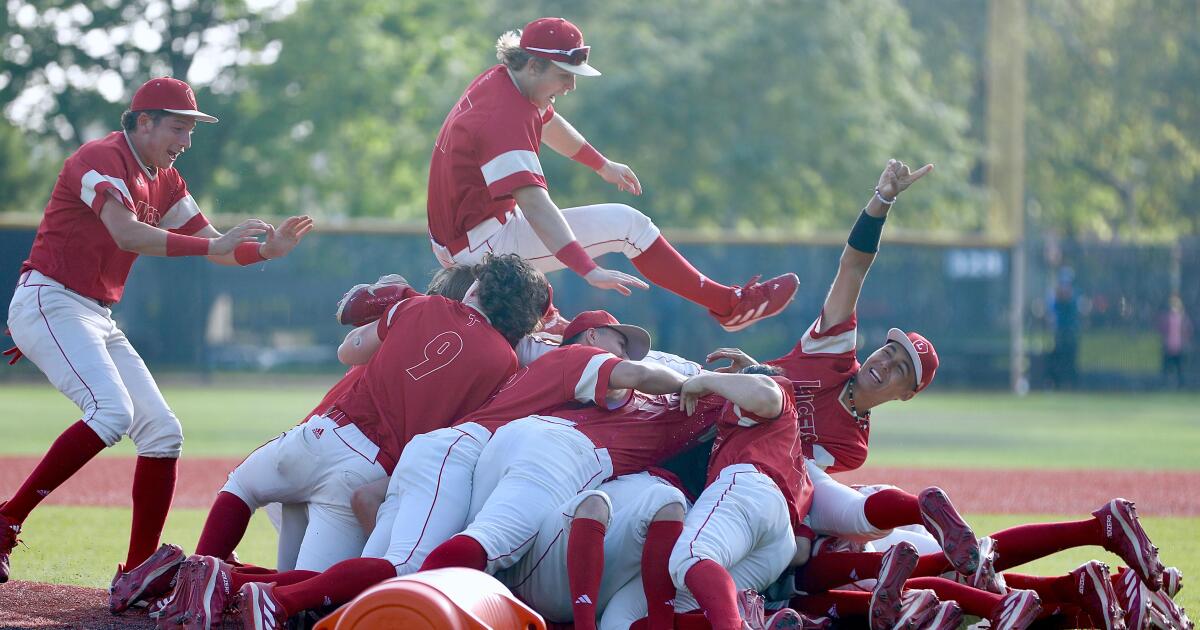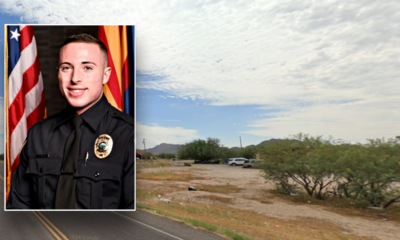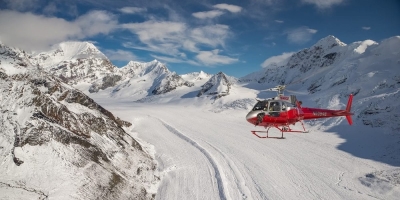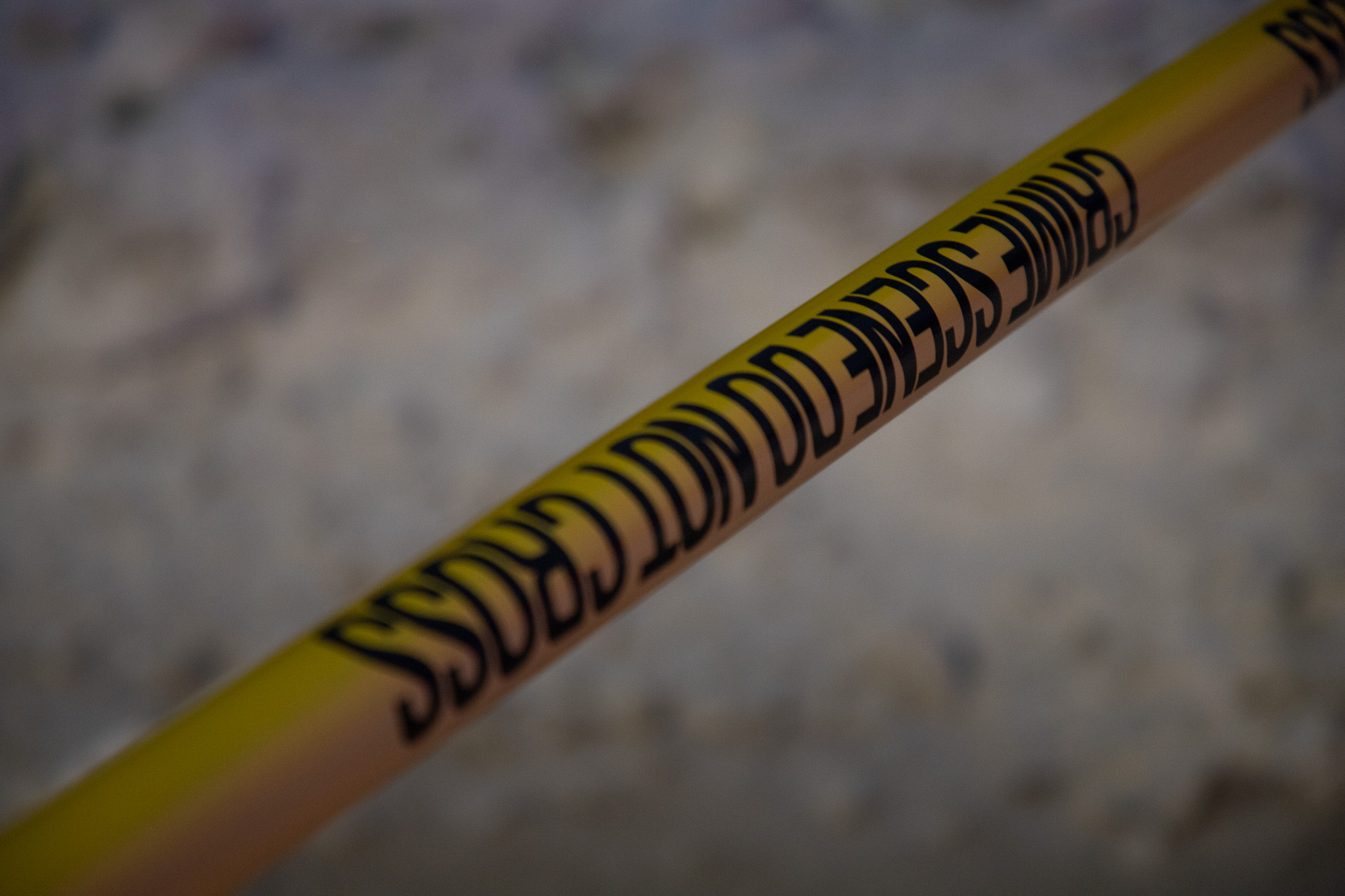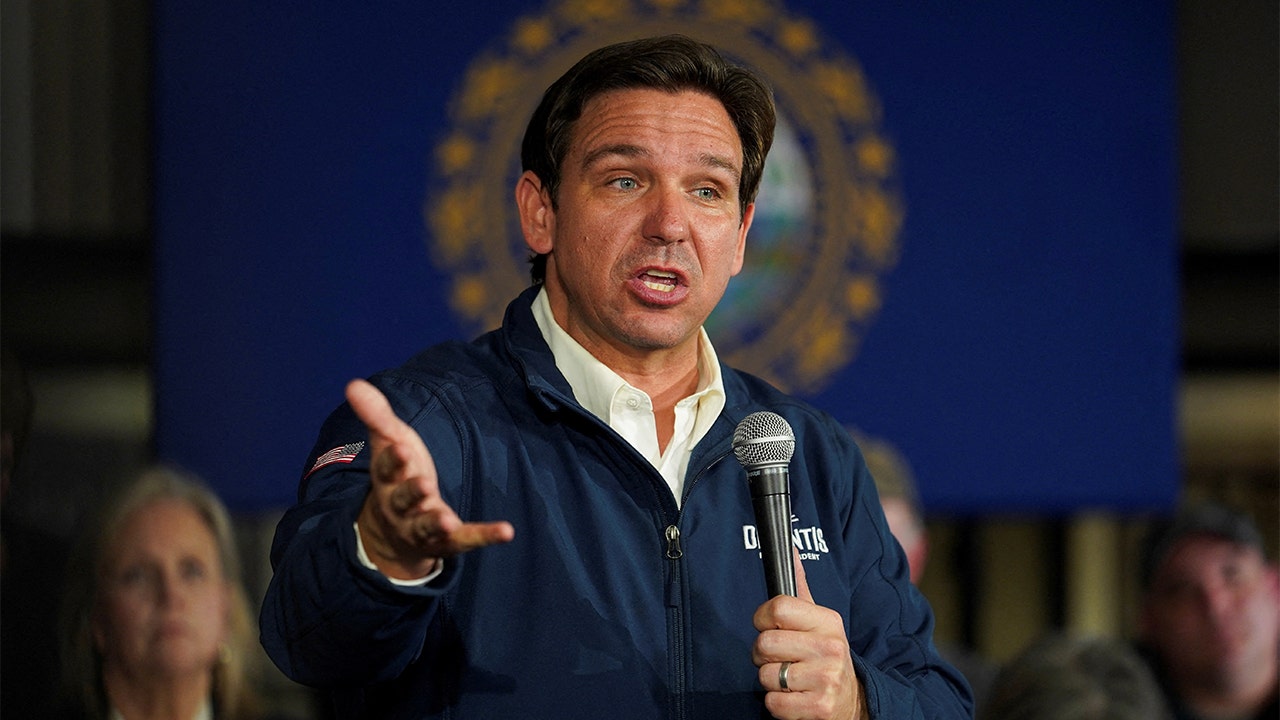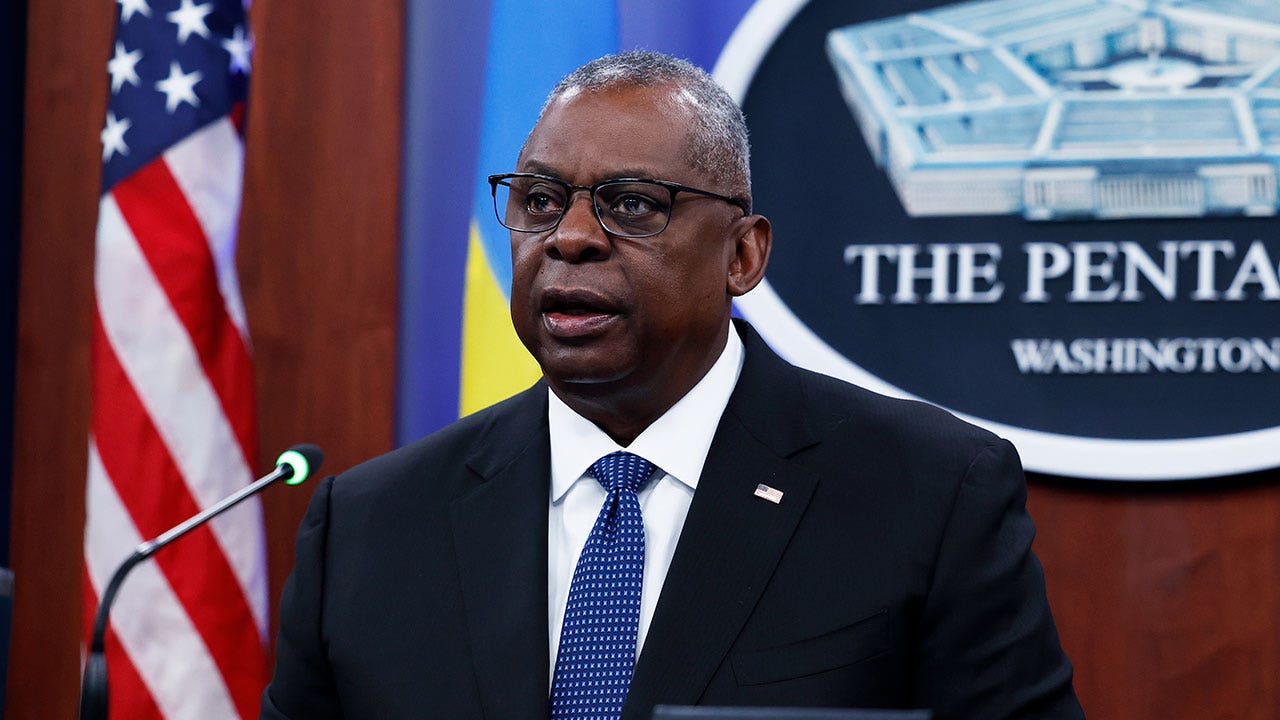ANCHORAGE, Alaska (AP) — A U.S. appeals court on Wednesday halted a lower court ruling that would have shut down southeast Alaska’s chinook salmon troll fishery for the summer to protect endangered orca whales that eat the fish.
The ruling by a three-judge 9th Circuit Court panel means the summer chinook, or king, salmon season will start as usual next week for an industry that supports some 1,500 fishery workers in southeast Alaska.
The opinion said the state and others who were part of the appeal established a sufficient likelihood that certain and substantial impacts of the lower court’s decision “outweigh the speculative environmental threats.”
The ruling “recognized the absurdity of closing down a vital economic industry for an issue that is already being remedied by the federal government,” Alaska Attorney General Treg Taylor said in a statement. “Thanks to the 9th Circuit, fishing season is on come July 1.”
Last month, U.S. District Judge Richard Jones in Seattle ruled in favor of Wild Fish Conservancy and ordered the National Marine Fisheries Services to redo a biological opinion that’s required for the fishery to take place. The winter chinook season could also have been impacted by Jones’ decision.
The conservation group said it would help provide more food for starving whales and help struggling king salmon populations along the West Coast, since most of the salmon caught in southeast Alaska spawn in rivers to the south.
Tad Fujioka, the chairman of the Seafood Producers Cooperative, said the troll fishermen in his cooperative would have likely faced a 50% pay cut if not for the appeals court’s decision, leaving them with little since their margins are normally so narrow.
“It’s a big, big relief for me and all the trollers and all the people in the southeast who depend on the troll fishery,” Fujioka said. “In small villages trolling is one of the few things that you can do that provides year-round employment.”
In 2019, NOAA Fisheries approved the most recent decade-long plan for the commercial troll fishery for Chinook in southeast Alaska, with harvest limits set during negotiations between the U.S. and Canada.
King salmon are the largest and most expensive of the Pacific salmon species, and the southeastern fishery provides them to restaurants and grocery stores around the world.
They also make up the bulk of the diet for endangered orcas in the waters of the Salish Sea between Washington state and Canada. Due to overfishing, dams, development and pollution, chinook runs in the Northwest are at a small fraction of their historical abundance, and the local orca population has suffered in turn. Just 73 whales remain, inbreeding is a severe problem, and scientists are warning of extinction.
In court filings, the state of Alaska said the fishery has little effect on the whale population, and salmon also face other predators on the 700-mile (1,100-kilometer) journey, including Canadian commercial and recreational fisheries, tribal fisheries, a separate population of killer whales and Steller sea lions.
“The 9th Circuit got it right when it found that Alaska’s fishing interests outweighed the ‘speculative environmental threats,’” Alaska Gov. Mike Dunleavy said in a statement.
The state of Alaska was joined in the appeal by the Alaska Trollers Association and the federal fisheries service.
The federal fisheries service said it would not comment Wednesday on the ruling. A message seeking comment was sent to the conservancy group.
In April, officials canceled commercial and most recreational king salmon fishing off California and much of Oregon for the second time in 15 years after the fish returned in near record-low numbers to California’s rivers.
___
McAvoy reported from Honolulu.
Copyright 2023 The Associated Press. All rights reserved. This material may not be published, broadcast, rewritten or redistributed.


